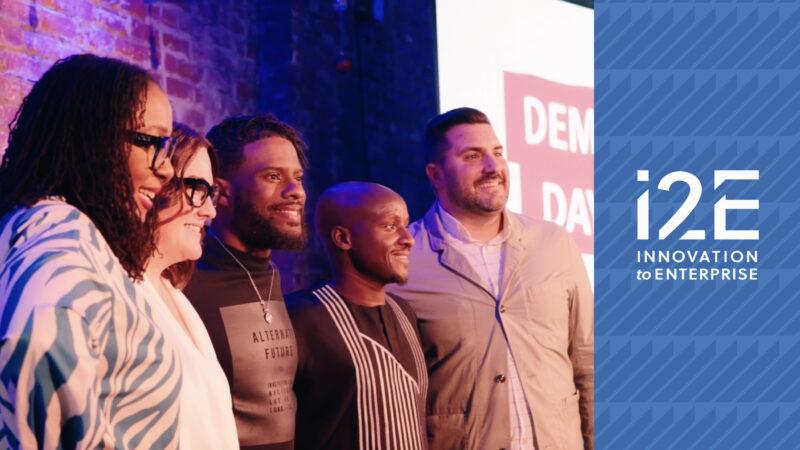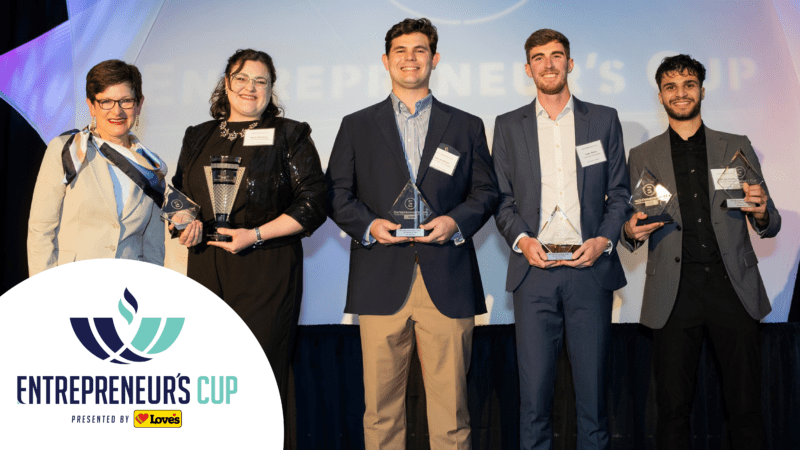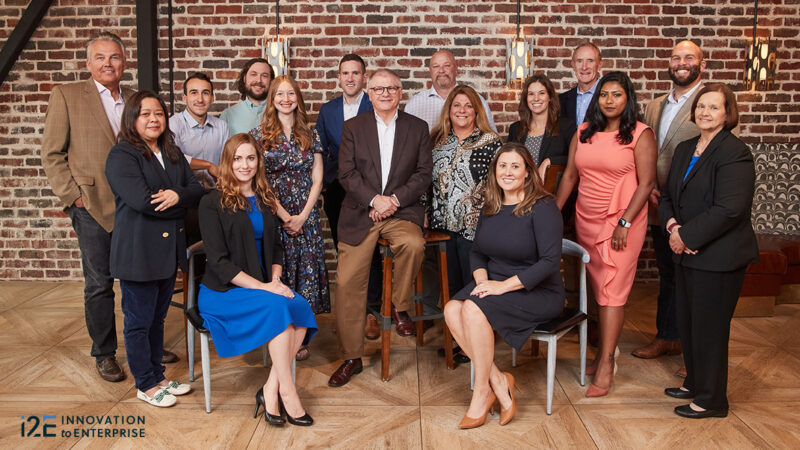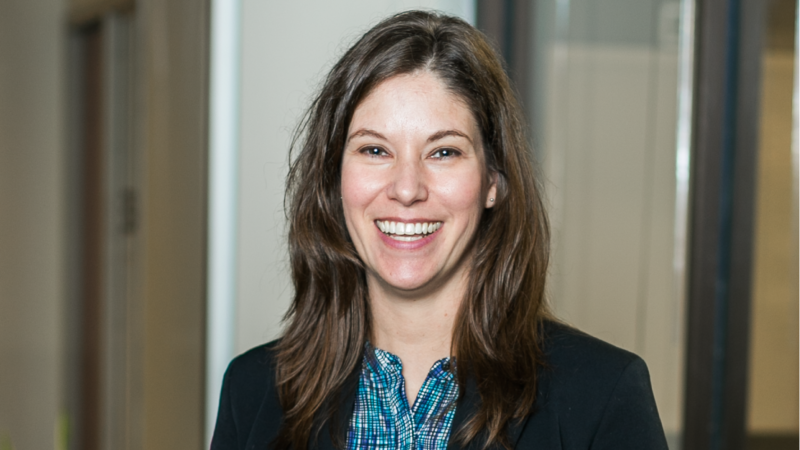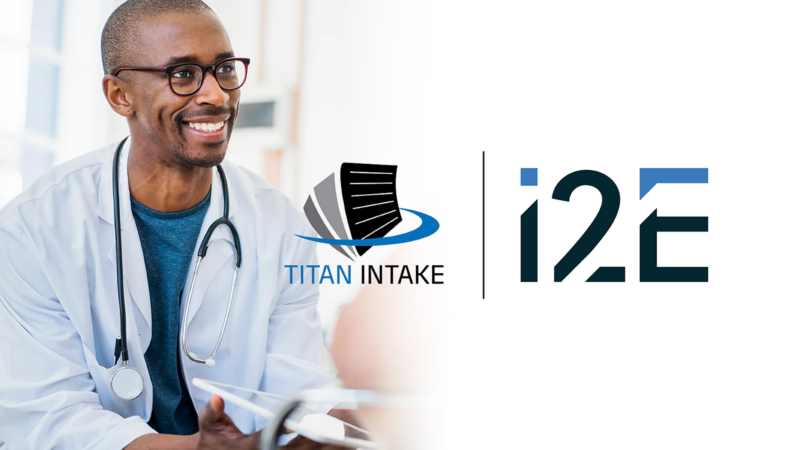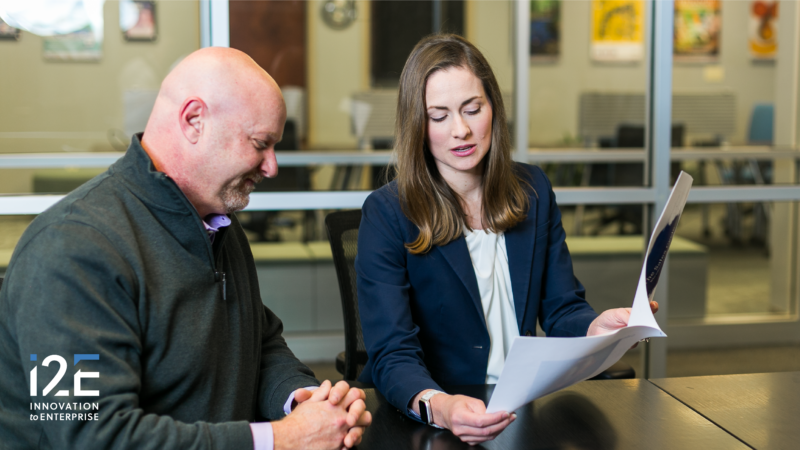The concept of crowdsourcing — leveraging the wisdom and experience of a group to achieve objectives and solve problems — is as ancient as the Bible. Ecclesiastes, the Old Testament book that takes on the hard questions of life complete with “tips,” sums it up in verse 4:9: “Two are better than one, because they have a good reward for their labor.”
About three months ago, I embarked on a crowdsourcing approach with more than a dozen of Oklahoma’s thought leaders. I sought to gain their perspectives on the impact of the coronavirus pandemic on Oklahoma, over the next few months and into the years beyond.
On the business side, these discussions included entrepreneurs, technologists, and experts in the energy and banking sectors. I gathered insight on the effects and outlook for non-profits in our state from former Oklahoma First Lady Kim Henry. And perhaps, most hopeful and yet challenging, was the vision and action plan that State Superintendent of Public Instruction Joy Hofmeister expressed to better prepare the students of our state—the future of our future.
So what did I learn from this virtual panel of experts?
First and foremost, I learned that society is fragile and resilient at the same time. Every Oklahoman who contributed to this effort spoke first of the abrupt and seismic shock of the pandemic, from the virtually overnight drop in the demand for and price of oil to the jolting reality that when the pandemic hit and schools closed, about one in four Oklahoma students did not have Internet access at home.
In Isaac Newton’s parlance, the pandemic has been that “external force” that jolted bodies at rest into motion and halted bodies in motion in a blink. I learned that many experts anticipate that the fundamental economic shifts that have occurred are likely to be mostly permanent. The pandemic has increased the demand for certain types of goods and services, for example telecommuting and e-commerce, and knee-capped the demand for others, including traditional sources of energy and international travel.
I learned that the impact on people at risk — from rent to food to child care is huge. I learned that the pandemic has caused a greater propensity to have technology be the connecting force between humans (Zoom and Google docs, anyone) the last six months which, in turn, has underscored the value of human, in-person relationships — from classrooms to supply chains in the aerospace and defense industries.
I learned that in every area of the economy entrepreneurship and technology are opening doors to new opportunities and solving both old and new problems in innovative ways. Several of Oklahoma’s entrepreneurs said they don’t see the same resistance to change that existed six months ago. There is no stronger example of that than telemedicine, which can be particularly effective in a state like Oklahoma with our extensive rural geography and hub and spoke model of healthcare delivery.
The truth is, I learned a lot—too much to summarize in a single column, so I invite you back for the concluding sequence in this series. I will dive a little deeper into the impact and opportunity for businesses and families in Oklahoma, with a focus on suggestions—from this group of experts—on how we can use technology, entrepreneurship, and state resources to optimize post-pandemic opportunities for our state.
As it also says in Ecclesiastes, “a three-fold cord is not quickly broken.”
Scott Meacham is president and CEO of i2E Inc., a nonprofit corporation that mentors many of the state’s technology-based startup companies. i2E receives state support from the Oklahoma Center for the Advancement of Science and Technology and is an integral part of Oklahoma’s Innovation Model. Contact Meacham at [email protected].

